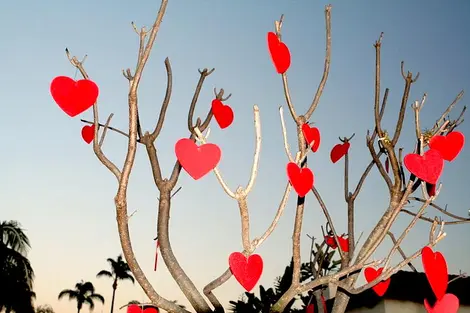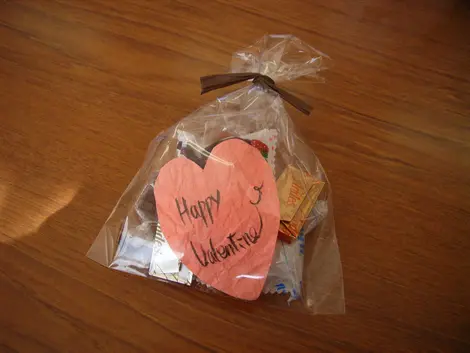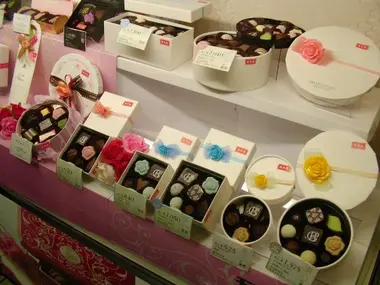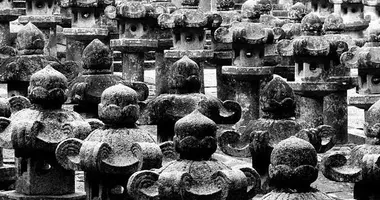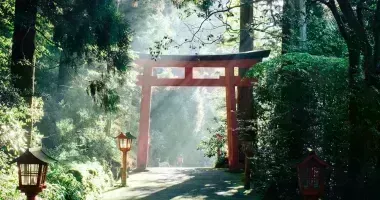Valentine's day バレンタインデー
Romanticism obliges
In Japan, gifting Chocolate on Valentine's Day is a two-way street as "White Day", a month later on March 14, people give reciprocal gifts in return for Valentine's Day! Aka, "giri-choco" or obligatory chocolate...
Imported shortly after the Second World War, Valentine's Day in Japan quickly established itself as an unmissable date for romantics... and for gourmands. February 14 rhymes with chocolate and the shops are buried under a deluge of cocoa from the end of January. It must be said that chocolate makers achieve half of their annual turnover during this period.
See also: 5 Japanese sweets you must try
It was in the late 1970s that Japanese confectioners and chocolate makers succeeded in extending the influence of Valentine's Day to the archipelago. The Western tradition is then transformed to impose strict rules typically Japanese. Only the women gift the chocolates on this day...
To each relationship it's chocolate
Offered to the husband, companion or man secretly loved, these chocolates become honmei choko, and they are generally not bought but prepared with love.
But social life complicates things: all the male entourage (professional in particular) is entitled to receive giri choko, or “chocolates of obligation”. To the greatest pleasure of chocolate makers, Japanese women, therefore, ruin themselves out of social obligation.
Otherwise, there are also the tomo choco, "chocolates for friends" that schoolgirls, middle school, and high school girls exchange with each other, but also the papa choco that young girls give to their fathers. These gifts given to loved ones express gratitude and are therefore called sewa choco, sewa meaning "care".
A month later...
March 14, return to sender! The Japanese invented the White Day, during which men "reimburse" all these boxes of chocolate by offering their friends and colleagues all kinds of gifts (small jewels, sweets, trinkets...), white in color, as desired the tradition. And here again, you have to respect a rule: the White Day gift must cost three times more (at least!) than the box of chocolates received for Valentine's Day. This is called romantic payback.
See also: Dagashi, Japanese sweets


